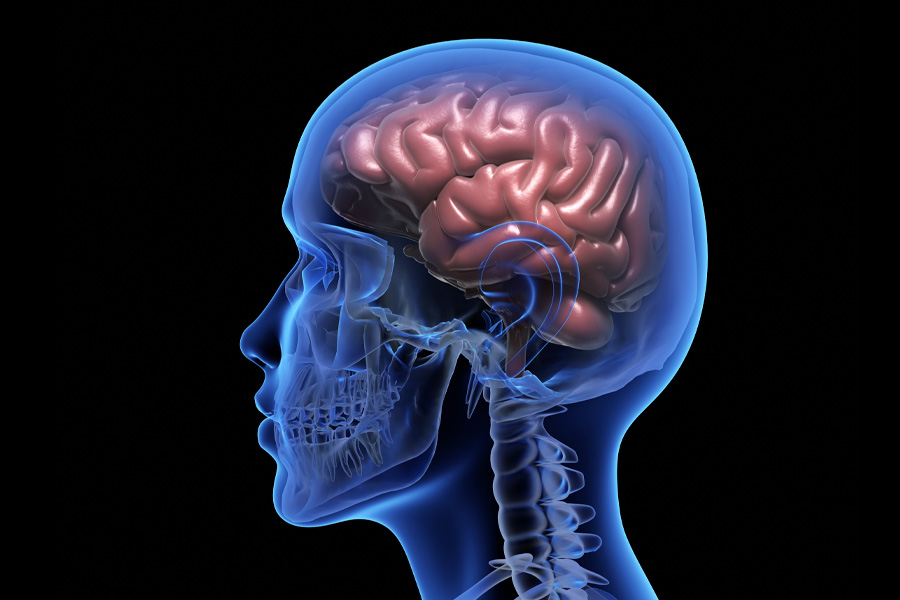
The Power Of Brainspotting

At Teen Health Connection, we are always looking for new methods to help adolescents be the best version of themselves. One method of treatment that is on the rise is Brainspotting. Brainspotting is an adaptation of the well-known evidenced-based EMDR (Eye Movement Desensitization and Reprocessing) treatment method. This brain-based treatment model harnesses the power of eye positioning to bypass the “thinking” part of your brain and access the deeper parts of your brain involved in emotional regulation. Overall, it has been found to be an effective form of therapy for a variety of mental health concerns, including trauma, anxiety, depression, physical pain, and other negative emotions. One of the main principles of Brainspotting is “where you look affects how you feel.”
Brainspotting can be a rapid, and effective type of therapy. Our brains are incredible processing
machines that digest and organize everything we encounter. Sometimes, traumatic experiences or strong emotions can overwhelm the brain, leaving behind unprocessed memories or emotions. Brainspotting attempts to reprocess negative emotions by focusing on your body-based sensations, rather than your thoughts. Ultimately, Brainspotting empowers patients to believe their body and brain have the ability to heal, and each patient is the expert in this healing journey.
At Teen Health Connection, we now have 5 certified Brainspotting therapists, and 4 more therapists beginning the process for certification. We have been able to immediately begin meeting the needs of our teens by using this new modality. Many of our patients have expressed experiencing a deeper processing of emotions and/or trauma by using the Brainspotting method. There are several long-term patients who were originally treated with a different trauma modality that have experienced resolution in their residual trauma-related symptoms by using Brainspotting.
Brainspotting has been a great addition to our toolkits as clinicians and has allowed us to better meet the needs of our patients. It has allowed them to feel empowered as we help them understand and believe that their brains know how to heal themselves and that we sometimes just need to get out of the way of our own thoughts. In doing this, they can become the experts on themselves, and therapists are the guides throughout the process.


